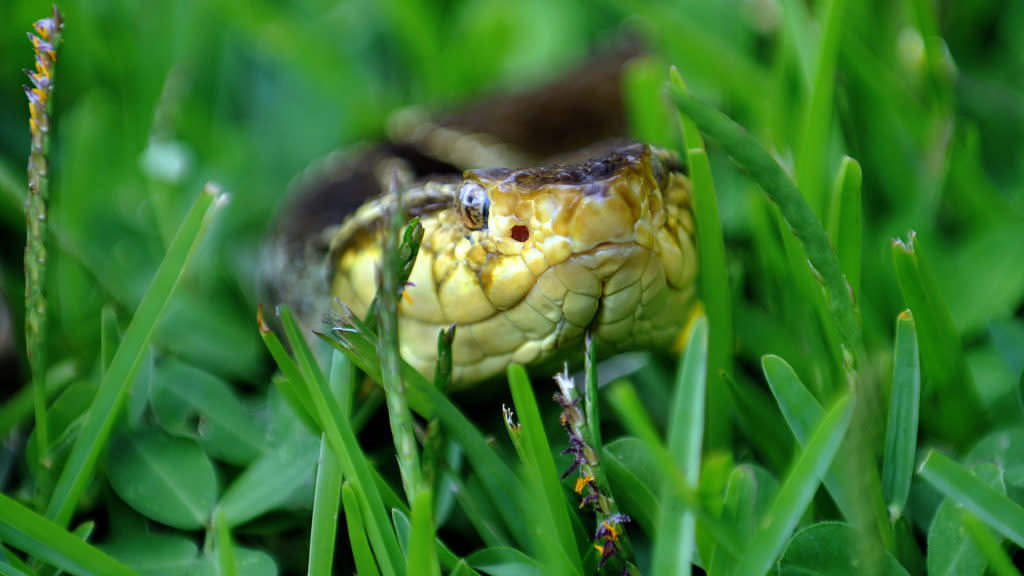Snakebite finally makes a WHO list of top global health priorities

In a decision public health activists are calling both landmark and long overdue, the World Health Organization has placed snakebite envenoming on its list of top 20 priority neglected tropical diseases — giving it the highest possible ranking for diseases of its kind. The move could spur new efforts in the decades-long battle to limit the global toll of snakebite, which kills more than 100,000 each year and maims and cripples millions more.
Neglected tropical diseases often affect mostly poor populations, especially people who live with poor sanitation and in close proximity to animals and insects that can spread disease. The WHO’s list includes Chagas disease, rabies, leprosy — and now snakebite. (The advisory committee also added scabies and several types of mycoses — fungal infections affecting internal organs — to the list.)
Activists who work on preventing snakebite and creating new antivenoms have criticized the WHO for not making snakebite more of a priority in recent years, even as the death toll from snakes has remained stubbornly high and some pharmaceutical companies have withdrawn from the antivenom market because it’s been hard for them to turn a profit.
“Concerted action is long overdue and exactly what snakebite victims, their families, and their communities need and deserve,” said Tim Reed, executive director of Health Action International, a non-governmental organization that works at the intersection of pharmaceutical policy and public health.
Read more: Can science rob snakes of their deadliest weapon?
The move comes after more than a year of lobbying by Health Action International. The group worked with the government of Costa Rica, which is a leader in both snakebite prevention efforts and the creation of next-generation antivenoms, and the Australian nonprofit Global Snakebite Initiative, which has long worked to get official recognition of the huge toll of snakebite in developing countries.
The groups hope WHO action will fuel numerous efforts, including a global plan now being launched by Health Action International to train workers in sub-Saharan Africa to collect much-needed data on snakebite deaths and to being to educate local populations about snakebite prevention and treatment.
“The development of a WHO-led global strategy for snakebite intervention is the first step in tackling snakebite, which, until now, has been grossly neglected by the global health community,” said David Williams, the herpetologist and toxinologist who serves as executive director for Global Snakebite Initiative.

